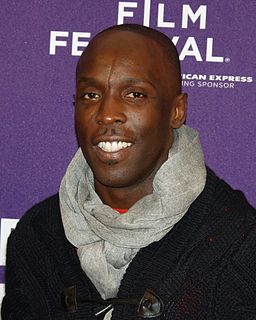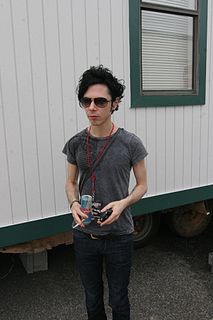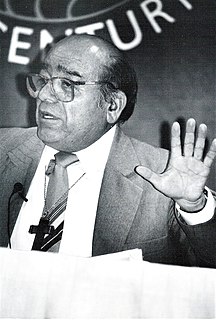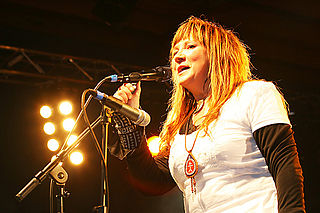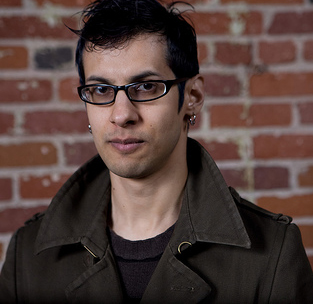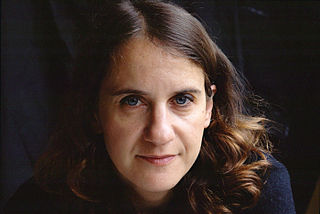Top 1200 Culture Quotes & Sayings - Page 2
Explore popular Culture quotes.
Last updated on November 24, 2024.
I did not disregard my culture, if I did, it was the white American culture, and I accepted my true culture, when I accepted Mohammed Ali, because this is a black name, Islam is the black man's religion, and so I would like to say, that I would like to clarify that point that I reclaimed my real culture, and that's being a black man and wearing a black name with a black body, and not a white name, so I would never say that I didn't disown my culture.
Flamenco is connected with so many types of music. It has Jewish culture inside, Arabian culture inside, Russian culture inside, Spanish culture inside. It's linked to African music too, because African music has the 'amalgama' rhythms you can find in flamenco. You can find everything in flamenco. That's why it's so beautiful.
Here we must distinguish between society and culture. A society can be interested in a man or woman only as a political or economic entity; a culture is interested in more. Culture means literally "to cultivate" or "to care for." Cultures care for their peoples as natural, spiritual beings and not simply as workers or consumers.
Sanity is a matter of culture and convention. If it's a crazy culture you live in, then you have to be irrational to want to conform. A completely rational person would recognize that the culture was crazy and refuse to conform. But by not conforming, he is the one who would be judged crazy by that particular society.
Here in the U.S., culture is not that delicious panacea which we Europeans consume in a sacramental mental space and which has its own special columns in the newspapers - and in people's minds. Culture is space, speed, cinema, technology. This culture is authentic, if anything can be said to be authentic.
In a culture fueled by burnout, a culture that has run itself down, our national resilience becomes compromised. And when our collective immune system is weakened, we become more susceptible to viruses that are part of every culture because they're part of human nature - fear-mongering, scapegoating, conspiracy theories, and demagoguery.
My childhood was pretty colorful; I like to use the word turbulent. But it was a great time to grow up, the '70s and '80s in Brooklyn, East Flatbush. It was culturally diverse: You had Italian culture, American culture, the Caribbean West Indian culture, the Hasidic Jewish culture. Everything was kind of like right there in your face. A lot of violence, you know, especially toward the '80s the neighborhood got really violent, but it made me who I am, it made me strong.
For my parents' generation, the idea was not that marriage was about some kind of idealized, romantic love; it was a partnership. It's about creating family; it's about creating offspring. Indian culture is essentially much more of a 'we' culture. It's a communal culture where you do what's best for the community - you procreate.
The indigenous peoples understand that they have to recover their cultural identity, or to live it if they have already recovered it. They also understand that this is not a favor or a concession, but simply their natural right to be recognized as belonging to a culture that is distinct from the Western culture, a culture in which they have to live their own faith.
If it were possible adequately to present the whole of a culture, stressing every aspect exactly as appears in the culture itself, no single detail would appear bizarre or strange or arbitrary to the reader, but rather the details would all appear natural and reasonable as they do to the natives who have lived all their lives within the culture.
All of us somehow felt that the next battleground was going to be culture. We all felt somehow that our culture had been stolen from us-by commercial forces, by advertising agencies, by TV broadcasters. It felt like we were no longer singing our songs and telling stories, and generating our culture from the bottom up, but now we were somehow being spoon-fed this commercial culture top down.
One culture I find fascinating to juxtapose against American culture is the culture of Germany. They've gone through a long process through their art, poetry, public discourse, their politics, of owning the fact of their complicity in what happened in World War II. It's still a topic of everyday conversation in Germany.
A free culture supports and protects creators and innovators. It does this directly by granting intellectual property rights. But it does so indirectly by limiting the reach of those rights, to guarantee that follow-on creators and innovators remain as free as possible from the control of the past. A free culture is not a culture without property, just as a free market is not a market in which everything is free. The opposite of a free culture is a "permission culture" -- a culture in which creators get to create only with the permission of the powerful, or of creators from the past.
Many books condemn 'secular' culture, just as many books advocate (consciously or unconsciously) accommodating ourselves to culture. Brett has written something much different: a biblically informed and culturally savvy approach to consuming culture in a God-honoring, community-building, and mission-advancing way.
This is more in regards to celebrities. What we've got to understand is that we are the influencers of the hip-hop culture, the black culture. We are the way out, you feel what I'm sayin'? As far as who we look to and where we get stuff from - hip-hop culture is influencing the world, really, but especially the black communities.
I think I realised, at teachers' training school, that I felt that the culture that I came from, the Sámi culture, was not good enough, so I wanted to be Norwegian or European, I wanted to forget the culture. And then this music started to... in a way I had to ask myself "why is this, and what does all this come from?
Culture, which by definition serves no purpose, has now found a role as the consort of business. Right off the bat we have a beached whale, since there is nothing that disdains culture as much as business does. ... In fact, 'corporate culture' is nothing more than the crystallization of the stupidity of a group of people at a given moment.

















